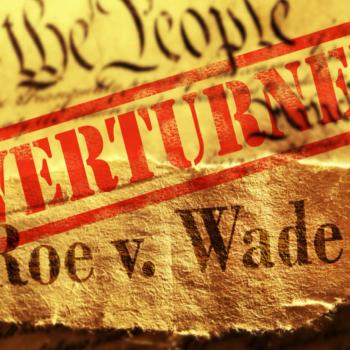There are few things that give me serious pause when it comes to understanding reality in light of the Bible and an orthodox Christian worldview. For the most part, I have achieved a kind of cognitive balance when it comes to the central claims of Christianity and the opposing views or counter evidence to those claims. Study, experience and overcoming personal trials have established in me an ever stronger epistemic certainty about the truth of the Christian faith. Of course,... Read more
















